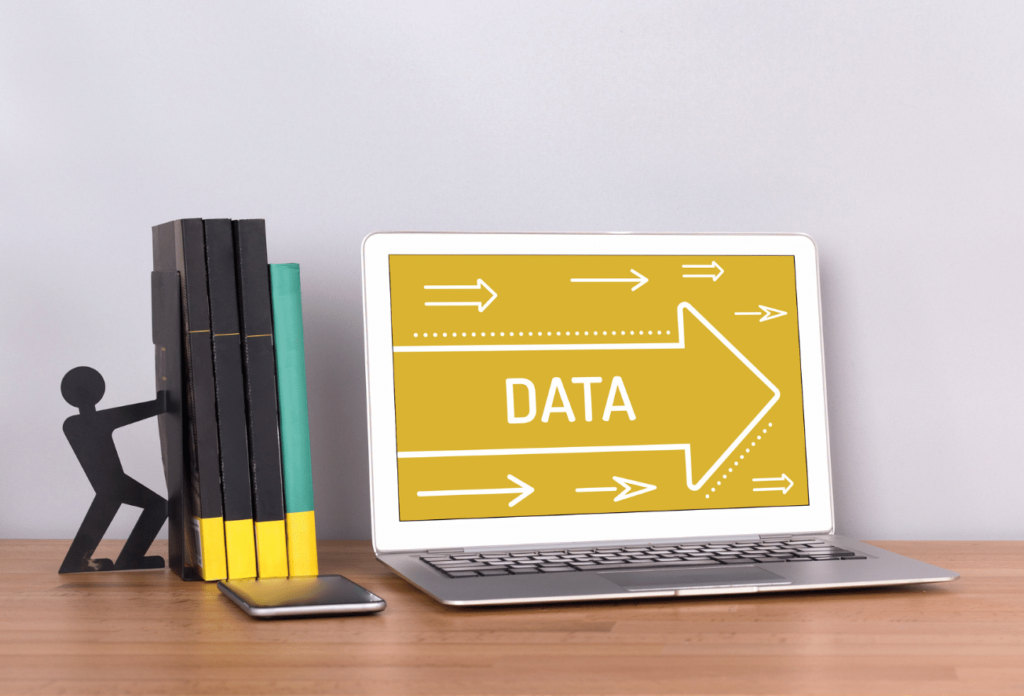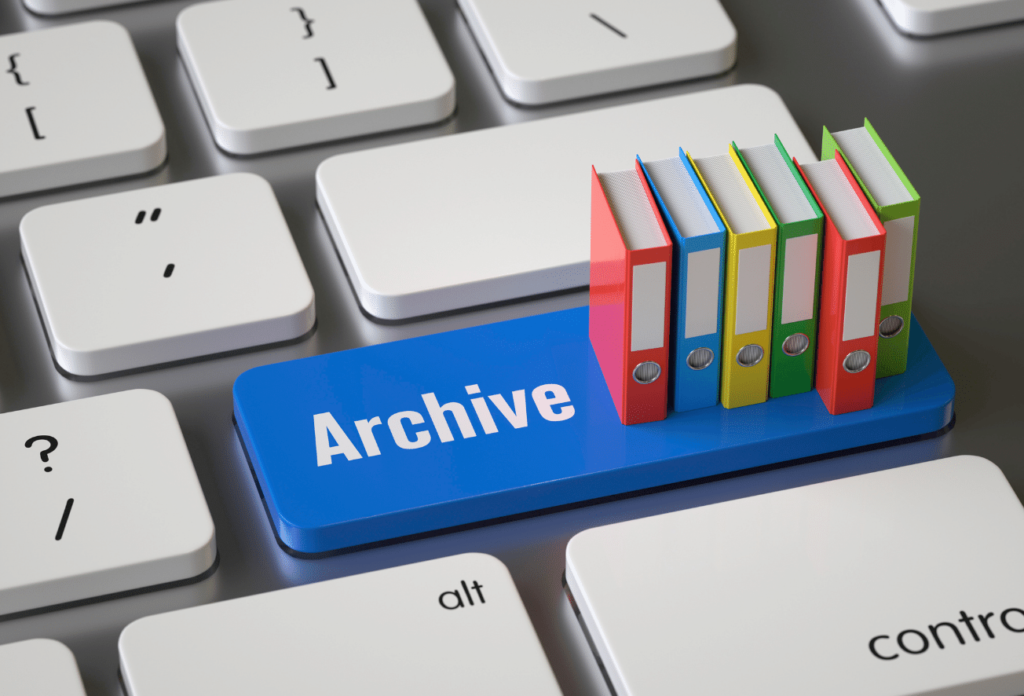
Having a legacy system still running is not unlike having a chain around your ankle. It’s not practical, efficient, or cost-effective. In other words, it’s weighing your organization down. When you moved to a new health information system, you probably didn’t want to convert everything. So, you kept your legacy systems to ensure access to old medical records and files.
Many healthcare organizations do this because they think it’s the easiest path, and they know they need to adhere to medical record retention requirements. However, you probably know by now that it’s expensive, risky, and incompatible with clinical workflows.
If you need reasons to say goodbye to your legacy system, we’ve got five of them!
Reason One: Your Patient Data Could Be at Risk
You have to maintain software systems and install new updates. These new versions offer more security and resolve bugs or vulnerabilities. Your legacy system, especially if it’s offline or no longer supported, isn’t receiving these crucial updates. That makes it easier for hackers to penetrate your PHI (protected healthcare information) and cause a breach or infect the network with malware.
In either situation, you face reputational harm, noncompliance, and huge financial losses. Don’t let your legacy system become a way in for hackers.
Reason Two: You’ll Save Money
Your IT budget is already stretched to its limits, and keeping a legacy system up isn’t helping. You likely are still paying maintenance, hosting, and other fees. If you archive your data to a central hub, you will likely reduce overall IT costs, and research in the field supports this notion. It’s a smart cost-control measure that enables you to be free of the legacy platform for good.
Reason Three: A Legacy System Isn’t Conducive to Clinical Workflows
In every healthcare organization, clinicians have workflows that correspond with how they use technology. Legacy systems derail these workflows and cause inefficiencies. This occurs most often with an on-prem server. Because it’s not cloud-based, you must physically be where that server is to find the records you need. It threatens productivity and prevents streamlining.

Reason Four: Improve Accessibility
As noted, accessing a legacy platform can be complex, and those that need it may not have it. This causes lots of confusion and creating workarounds. The simplicity of a cloud-based archiving system is that it’s accessible from any browser with the right permissions. The data you need from the legacy software could be urgent in response to patient care, audits, or subpoenas. You don’t have time to waste, and that’s what will happen if you can’t quickly obtain what you need from the legacy system.
Reason Five: You Could Suffer Downtime
Downtime is a “scary” word in the world of IT. When systems are down, everything halts because you’re so dependent on technology. An older system isn’t going to have as much reliability and consistency as a modern one, so you are very likely to encounter downtime. Such an incident could cause lots of issues around care and compliance.
Choosing to archive with a secure and long history of continuous uptime will provide your IT team with more confidence. The alternative with your legacy system is when not if it will go down.
Say Goodbye to Your Legacy System Today
Don’t let legacy systems hold you back any longer. Break free from the costs and risks of keeping the old system running. Take the path to archiving to ensure accessibility, compliance, and security. See how easy and affordable it is by exploring our archiving platform, ViewMaster, today.


